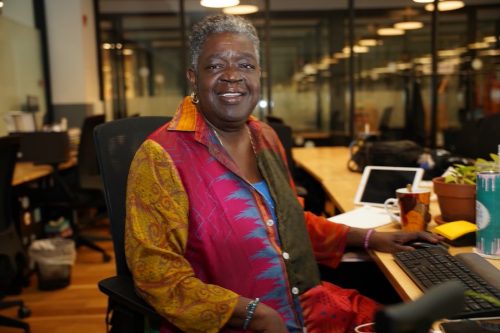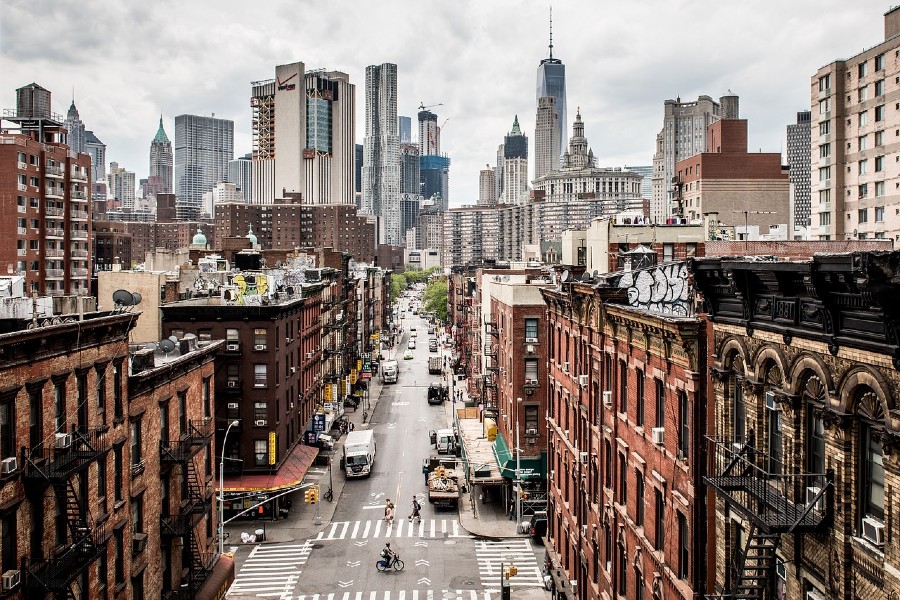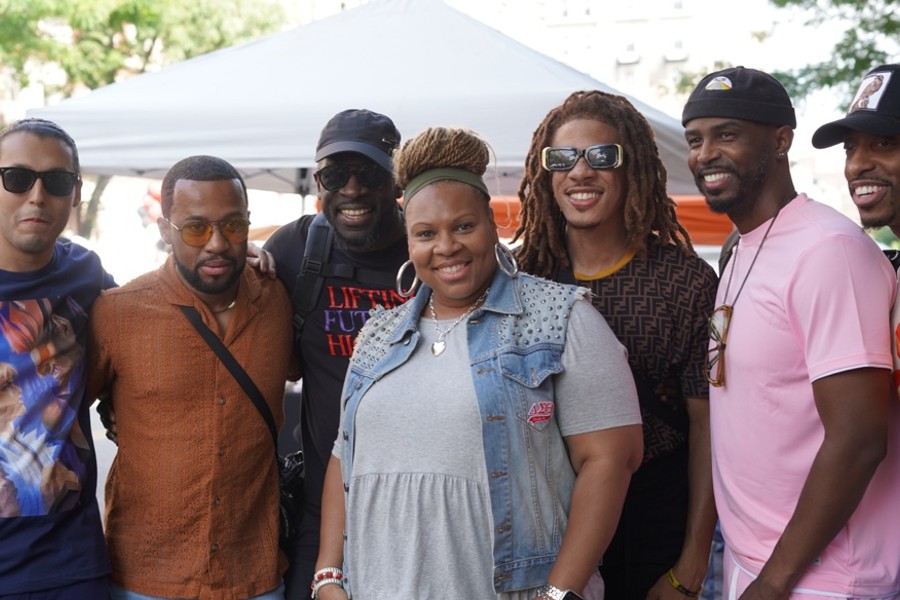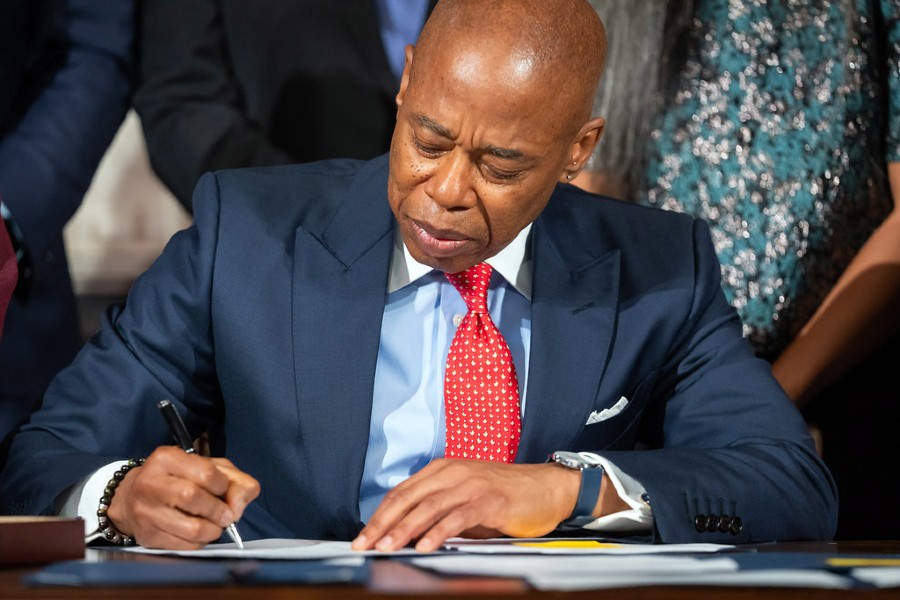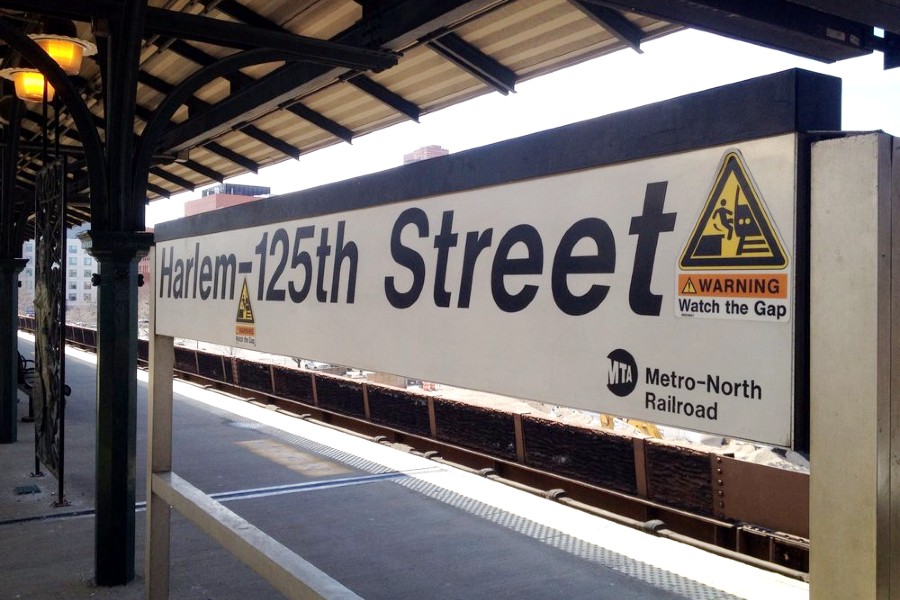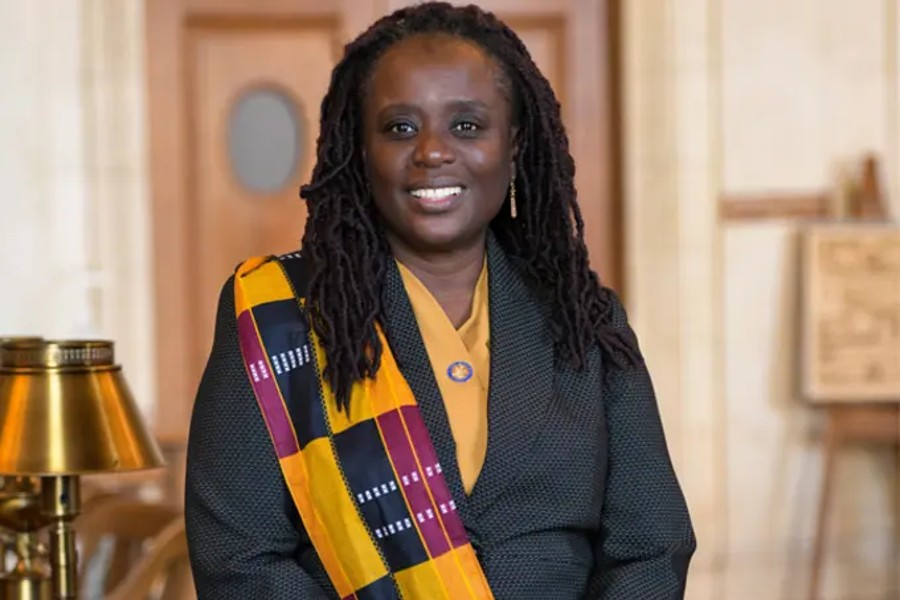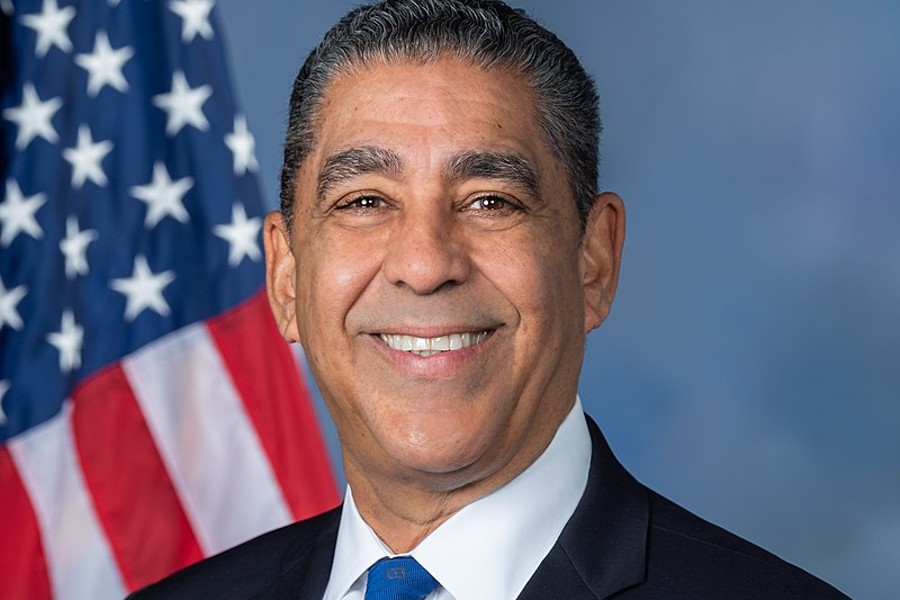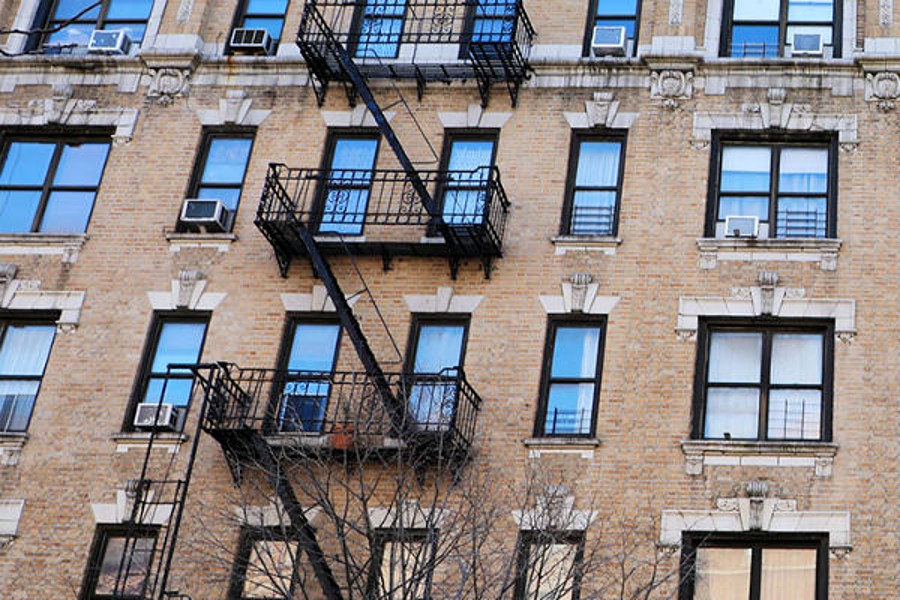
Twenty-nine organizations including AARP New York have signed a letter (reprinted in full below) to Governor Kathy Hochul urging her to approve ‘data matching’ legislation that would help over 800,000 struggling New York households pay their utility bills.
The legislation would ensure that utility customers who meet eligibility standards are enrolled in utility companies’ Energy Assistance Programs (EAPs), which provide utility bill paying assistance to keep customers’ energy burden at or below 6% of household income.
Bill S4548/A4876, sponsored by Senate Energy & Telecommunications Committee Chair Kevin Parker, and Black, Hispanic and Asian Legislative Caucus Chair Assembly Member Michaelle Solages, would require the state Office of Temporary and Disability Assistance (OTDA) to generate lists of beneficiaries of OTDA-administered programs who are also eligible for utility companies’ affordability programs and share that data with the utilities. New York City already matches benefits data in this way. The state legislation would standardize this process statewide, with all utilities participating.
“This bill is common sense; the data exists to match New Yorkers to the benefits they qualify for, so there’s no reason not to do so,” said AARP New York State Director Beth Finkel. “New York City is already successfully conducting this sensible data matching. The Governor should sign this bill to expand that practice statewide. Ultimately, the State should apply this concept to more benefits programs. Enacting the Parker-Solages bill into law would be a great first step.”
“Access to affordable utilities is a basic social determinant of health,” said Gus Birkhead, advocacy chair of the New York State Public Health Association. “This bill will give people the access to affordable utilities, greatly enabling family stability and improved health.”
“According to available data, one in every seven Western New Yorkers is impoverished,” said Karen L. Nicolson, Chief Executive Officer of the Center for Elder Law & Justice. “Residents of impoverished communities have much higher risks for severe health issues and face more barriers generally when trying to meet their most basic needs. This bill not only makes sense but would help mitigate the damaging impact of poverty and ensure more equitable access to benefits that could be lifesaving, particularly for older adults and people with disabilities.”
“The Center for Independence of the Disabled, New York (CIDNY) supports this legislation action to assist people with disabilities, older adults, and people who experience economic disparity attributed to their cross intersectionality status,” said Sharon McLennon-Wier, Ph.D., MSEd., CRC, LMHC, Executive Director for the Center for Independence of the Disabled, New York. “CIDNY supports S.4548 (Parker) same as A.4876 (Solages) to employ data matching to ensure that eligible low-income New Yorkers are enrolled in utility benefits programs that they may not know about – or may be unable to enroll in on their own due to often complicated application processes embedded systematic barriers for people with disabilities. CIDNY recognizes that all people living in New York City must have an opportunity to access reliable energy needed to live.”
The economic effects of the pandemic and inflation are taking their toll on New Yorkers, especially low-income households and older residents living on fixed incomes. Costs continue to rise, and New Yorkers continue struggling to pay for basic needs, including rent, food and utilities.
“Low enrollment rates indicate that far too many New Yorkers are not receiving these (EAP) benefits,” the letter to the Governor says. “Lack of awareness and cumbersome application processes and requirements contribute to low enrollment.”
The EAP offers customers a monthly bill credit using a tiered discount structure.
New York City’s Human Resources Administration matches data of customers who participate in the Supplemental Nutrition Assistance Program (food stamps), public assistance, Supplemental Security Income, and the Low-Income Home Energy Assistance Program.
AARP
AARP is the nation’s largest nonprofit, nonpartisan organization dedicated to empowering people 50 and older to choose how they live as they age. With a nationwide presence and nearly 38 million members, AARP strengthens communities and advocates for what matters most to families: health security, financial stability and personal fulfillment. AARP also produces the nation’s largest circulation publications: AARP The Magazine and AARP Bulletin. To learn more, visit www.aarp.org, www.aarp.org/espanol
Here’s the letter:
October 25, 2023
Hon. Kathy Hochul
Governor
State of New York
State Capitol
Albany, New York 12224
Re: Utility Data Matching S.4548/A.4876
Dear Governor Hochul,
We, the undersigned organizations, nonprofits, and community-based organizations, write today to thank you for all your efforts to address the utility arrears crisis in New York, which was exacerbated by the COVID-19 Pandemic. Your extraordinary efforts to mitigate this crisis have made a significant impact and set a precedent in New York.
Our organizations believe you have another important opportunity to keep struggling New Yorkers from falling behind on their bills again and provide them with benefits for which they qualify but are not receiving.
We respectfully ask for approval of S.4548 (Parker)/ A.4876 (Solages) to employ automated data matching to ensure that eligible low-income New Yorkers are enrolled in utility benefits programs that they may not know about – or may be unable to enroll in on their own due to often complicated application processes.
This bill would streamline the benefits application process and make it more efficient overall by requiring utility companies and the State Office of Temporary and Disability Assistance (OTDA) to share data about utility consumers who are eligible for utility-run low-income discount Energy Assistance Programs (EAP).
Gas and electric utilities in New York offer discounts to customers through their EAPs, which require utility companies to keep eligible customers’ energy burden at or below 6% of household income. The EAPs offer customers a monthly bill credit using a tiered-discount structure. There are over 800,000 households in New York who are eligible for EAP programs but are not enrolled.
These programs are a critical resource for New Yorkers who are already struggling financially to keep their utilities running while addressing their other basic needs. Coordination between OTDA, New York’s electric and natural gas utility companies’ assistance programs, and other financial assistance programs statewide would ensure that low-income individuals receive the highest level of assistance for which they qualify.
The high cost of energy in New York is taking a toll on all New Yorkers, particularly low-income households and older New Yorkers living on fixed incomes. Costs continue to rise, and people continue to struggle to pay for their basic needs, including rent, utilities, food and medicine. Public assistance programs are meant to alleviate some of these financial burdens for eligible households, but low enrollment rates indicate that far too many New Yorkers are not receiving these benefits. Lack of awareness and cumbersome application processes and requirements contribute to low enrollment; S.4548 (Parker)/A.4876 (Solages) addresses these barriers.
The New York City Human Resources Administration (HRA) and Westchester County utilize a file matching process to enroll customers in other qualifying programs automatically. This helps qualified individuals benefit from programs without applying for them all individually. Outside these areas, customers are responsible for finding and determining eligibility for programs independently, limiting the number of benefits they receive.
For the reasons detailed in this letter, our organizations respectfully request your signature and support of S.4548 (Parker)/ A.4876 (Solages).
Sincerely,
AARP New York
Center For Elder Law and Justice
Center for Independence of the Disabled, NY
Chinese-American Planning Council, Inc.
Community Service Society of New York
Consumer Reports
Food Research & Action Center
Gray Panthers NYC
Hamilton-Madison House
Health and Welfare Council of Long Island (HWCLI)
Hispanic Federation
Human Services Council of New York
Hunger Free American
Lifespan of Greater Rochester
LiveOn NY
Long Island Progressive Coalition
Medicare Rights Center
NAACP
New School’s Schwartz Center for Economic Policy Analysis
New York State Public Health Association
Northwest Bronx Community and Clergy Coalition
NY Statewide Senior Action Council
NYPIRG
R.A.I.N. Total Care, Inc.
Retires Public Employees Association
SAGE
Schuyler Center for Analysis and Advocacy
South Asian Council for Social Services (SACSS)
Vision Long Island
- How To Choose The Right Corporate Travel Management Provider For Your Business?
- How Having A Dog Can Enhance Your Overall Mental Health
- 10 Tips To Maximize Your Air Conditioner’s Efficiency
- New Gear For Fall On The Rise For You And Your Harlem Home
- NYIC Launches ‘New York Proud’ Public Art Campaign Celebrating Immigrant Stories Across NYC
Become a Harlem Insider!
By submitting this form, you are consenting to receive marketing emails from: Harlem World Magazine, 2521 1/2 west 42nd street, Los Angeles, CA, 90008, https://www.harlemworldmagazine.com. You can revoke your consent to receive emails at any time by using the SafeUnsubscribe® link, found at the bottom of every email. Emails are serviced by Constant Contact


